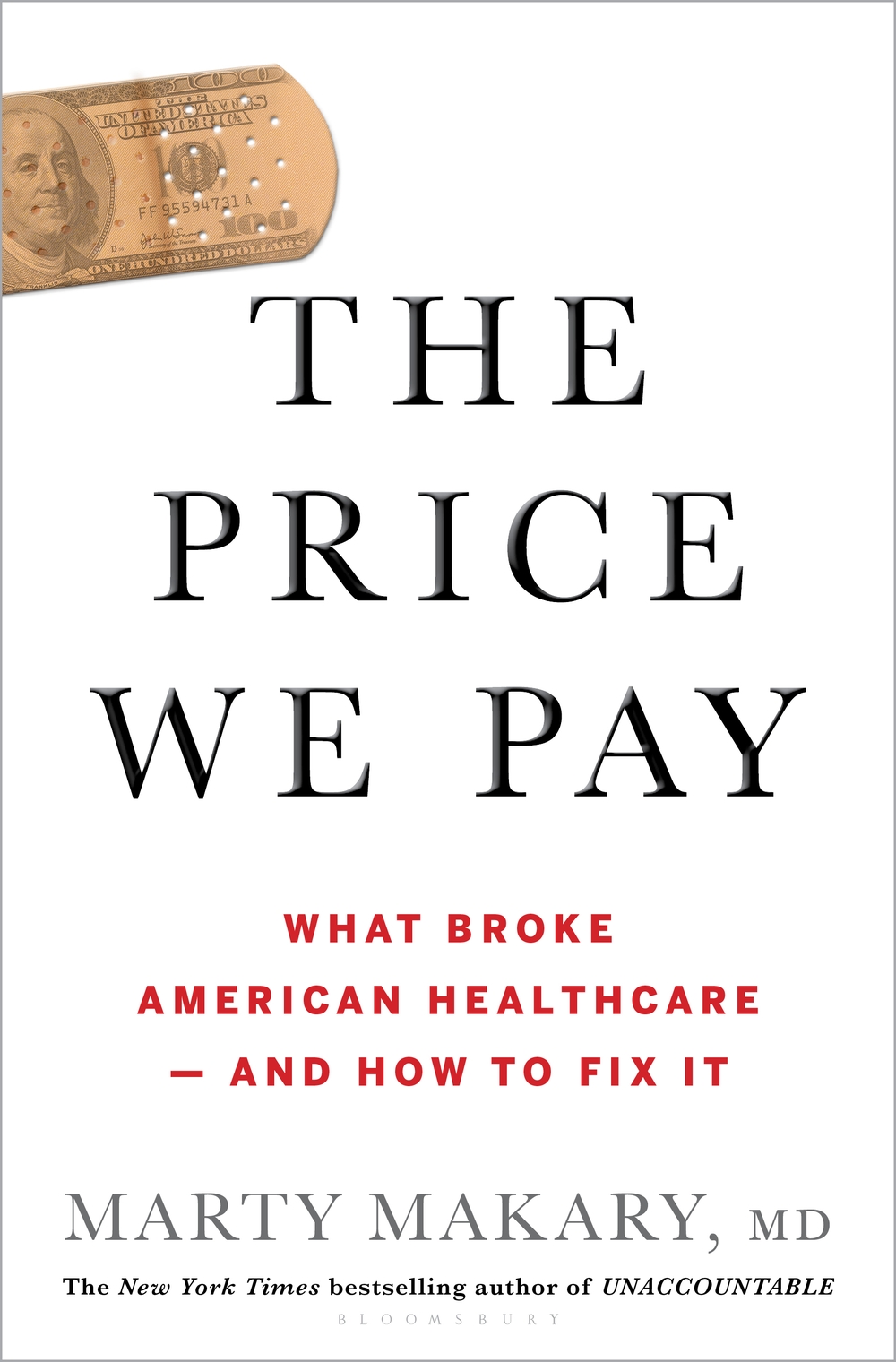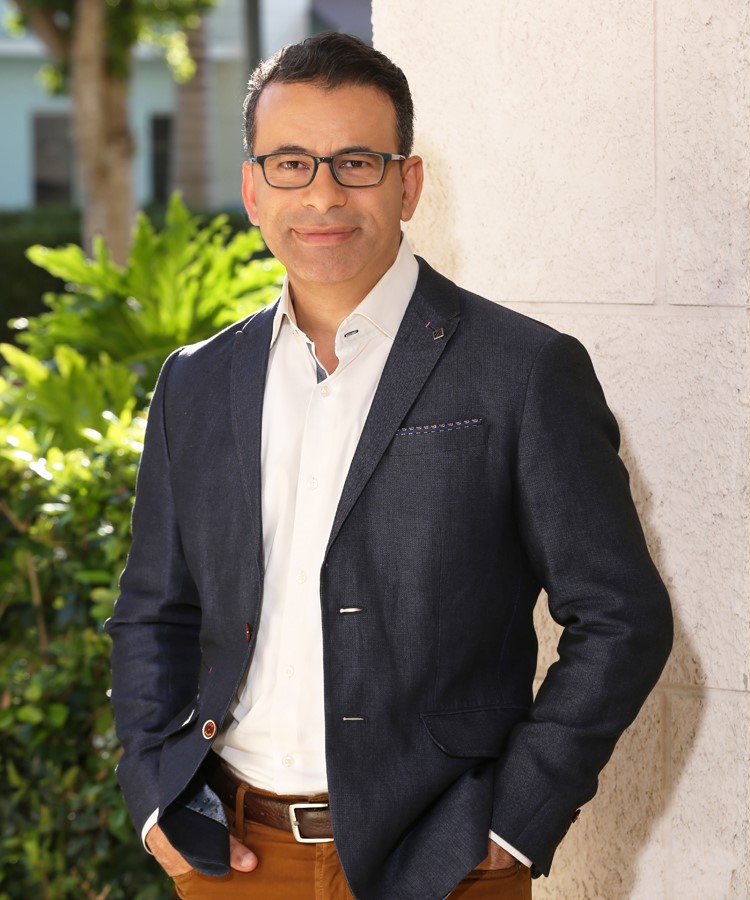Historically, hospitals were founded on an altruistic mission to serve their communities. They were sustained by charity and committed to great values of equality. My hospital was founded by Mr. Johns Hopkins. He described his mission in a March 10, 1873, letter, saying he would care for “the indigent sick of this city and its environs, without regard to sex, age or color, who may require surgical or medical treatment, and who can be received into the Hospital . . . The poor of this city and State of all races, who are stricken down by any casualty, shall be received into the Hospital without charge.” Like most hospitals in America, Johns Hopkins was founded on and dedicated to the principles of compassion and mercy.
The Johns Hopkins Hospital operated in the red for its first eight decades. The annual deficits were covered by gifts from trustees and by dipping into the endowment. Their commitment to serve the community was unwavering. Many landmark cases at Hopkins were performed at no cost. The pioneering craniofacial operations and the separation of conjoined twins connected at the head were done gratis. For free.
I’m inspired by the individual health care professionals who have sacrificed so much to improve the lives of patients. I think of Dr. Walter Dandy, a pioneer in neurosurgery who lived in the early 1900s. He developed the first ICU and performed the first vascular clipping of a cerebral aneurysm. Though considered a strict, firm-tempered man, he was also extremely generous. He often paid the hospital expenses of indigent patients. On one occasion, when
he learned that the mother of a patient could not afford the train fare to bring her child to Baltimore, he not only paid her way but refused to take any compensation. Dr. Dandy, known as the father of cerebrovascular neurosurgery, routinely declined to accept payment from teachers, police officers, or firemen. He was a dedicated and busy surgeon. He even wrote a letter to Dr. Harvey Cushing on June 30, 1921, about the medical establishment of his day, saying that he was “very averse to joining societies of all kinds because I feel they are more social than beneficial and I cannot spare the time for them.”
The day the polio vaccine was announced as safe and 90% effective, Jonas Salk refused to commercialize it or obtain a patent. He and polio vaccine developer Albert Bruce Sabin, a physician at Johns Hopkins, refused to make money from their discovery. Salk and Sabin had seen firsthand how polio paralyzed as many as 20,000 children each year, sentencing some to life in an iron lung machine. Our hospital had wards of them. But Salk and Sabin believed that the polio vaccine was the property of humanity. Because of their compassion, most of the world’s children quickly had access to the medical breakthrough. Forbes estimates that Salk alone would have been richer by $7 billion if his vaccine had been
patented. Salk and Sabin stayed true to their medical calling to help people and considered their vaccines to be donated for the benefit of mankind.
Dr. Benjamin Rush, son of a blacksmith, remembered his Philadelphia roots growing up in a family without much money. His dedication allowed him to become a physician and care for the poor regardless of their ability to pay. Serving as a voice for those with psychiatric disorders, he devoted his medical career to destigmatizing mental illness. He fought on behalf of those who couldn’t fight for themselves, including people suffering from schizophrenia who were chained down in institutions because society did not understand their illness. Because having mental illness often meant living in extreme poverty, Rush would often serve his patients without being paid. But that didn’t stop him. Considered the forefather of psychiatry, he held strong views on equality, even publicly calling for the abolition of slavery, declaring it a crime.
Dr. Rush would later become one of five physician signers of the Declaration of Independence. He was at George Washington’s side during the crossing of the Delaware, and he treated injured soldiers behind enemy lines. His duty to serve the sick and injured of society rose above any other allegiance. Dr. Rush was among the first to call for equal rights for women, free education and health care for the poor, citywide sanitation facilities, an end to child labor, universal public education, prison reform, and an end to capital punishment. He was highly critical of tobacco smoking and was known to call out physicians when he observed greed and incompetence among them.
Of all the signers of the Declaration, Rush would become the Founding Father most interested in diversity issues, stemming from his views on equality. After his death, Thomas Jefferson said in a letter that he knew no one “more benevolent, more learned, of finer genius, or more honest.” In comparing Benjamin Rush to Benjamin Franklin, President John Adams said, “Rush has done infinitely more good to America than Franklin. Both had deserved a high Rank among Benefactors to their Country and Mankind; but Rush by far the highest.” As we today struggle to address the issues in health care, doctors and other medical care professionals must remember the compassion that first drew us into the field. We need to remember the torch that Hopkins, Dandy, Sabin, Salk, and Rush passed on to us. Through their example and teachings, they bequeathed to us a mission of a healing profession that values equality. Regardless of circumstances, their mission was to take care of a fellow human being when they were vulnerable, and to be their advocate.

Excerpted from The Price We Pay: What Broke American Health Care–and How to Fix It by Marty Makary, MD with permission from the author and publisher.
Follow us here and subscribe here for all the latest news on how you can keep Thriving.
Stay up to date or catch-up on all our podcasts with Arianna Huffington here.


